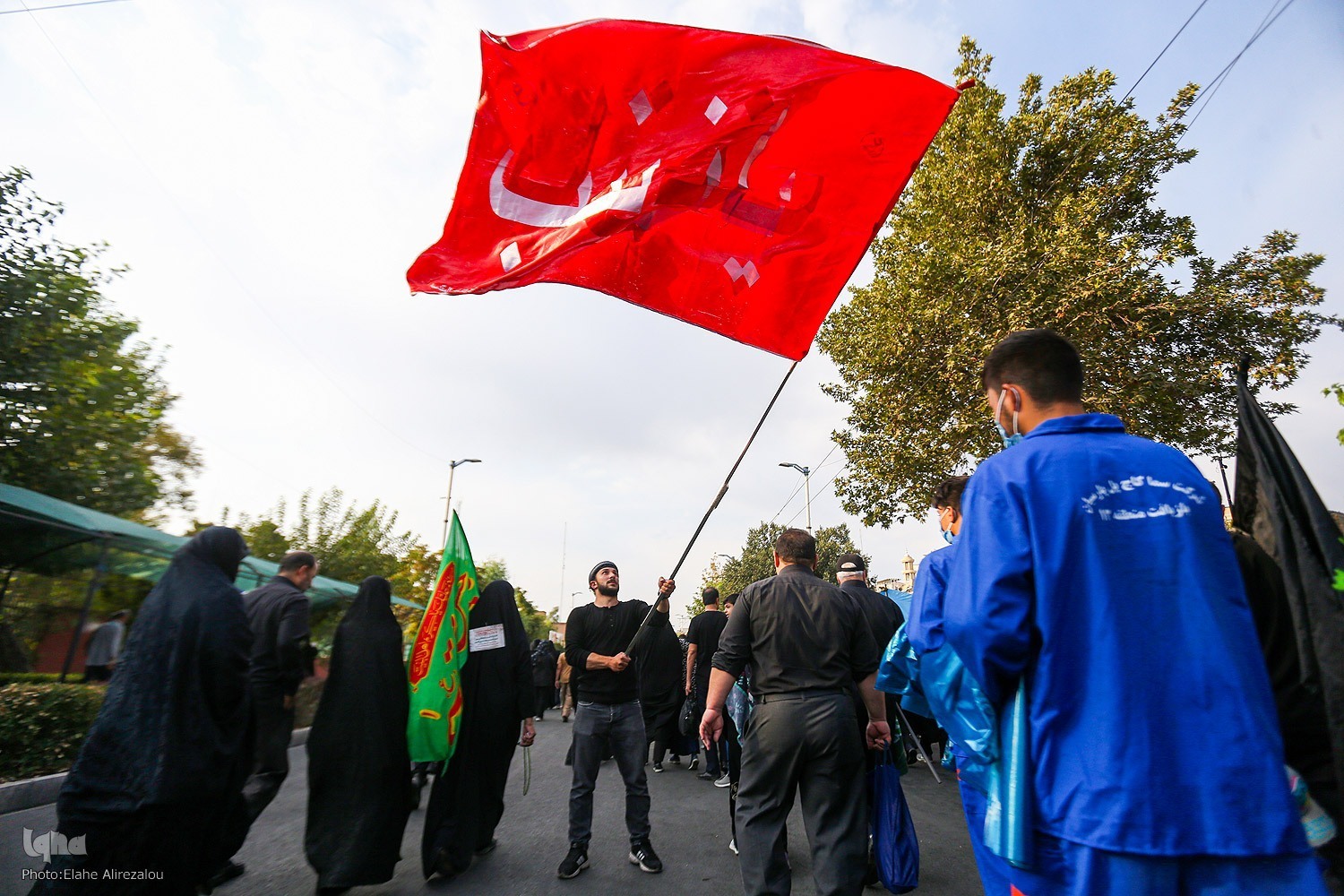Qom Gears Up to Host Half a Million Arbaeen Pilgrims from 32 Nations

Arbaeen, a major Shia religious observance, marks the end of the 40-day mourning period following Ashura—the martyrdom anniversary of Imam Hussein (AS), the grandson of Prophet Muhammad (PBUH). Millions of pilgrims travel to Iraq and stop in various Iranian cities en route, including Qom, one of the country’s most prominent religious centers.
“Qom was the first city in Iran to begin hosting large-scale Arbaeen ceremonies,” said Mehdi Ghorbanikaram, head of Qom’s Popular Arbaeen Committee, at a press briefing on Sunday. “It is the original pillar of the Arbaeen movement on Iranian soil.”
Ghorbanikaram noted that over 2,500 volunteers will directly serve pilgrims, with many more contributing indirectly. “People consider themselves servants of the pilgrims and step up in all areas,” he said.
He added that 22 subdivisions are active in the committee, including executive, international, public relations, women’s, and men’s affairs. “Based on last year’s experience, we’ve prepared facilities for up to 500,000 pilgrims,” he stated.
Read More:
As part of the arrangements, more than 200 homes and 40 schools have been designated for lodging pilgrims. The committee has also coordinated with 1,000 Bayt al-Hussein units—community-based hospitality stations traditionally set up during Arbaeen.
“Like last year, pilgrims will receive free accommodation, three hot meals daily, and access to medical services,” Ghorbanikaram said, noting that health services alone cost 70 billion rials (approximately $130,000) last year.
He pointed to the significance of showcasing Qom’s cultural and spiritual identity to international pilgrims. “We have 130 cultural ambassadors working with the committee,” he said. “Every non-Iranian pilgrim is a potential cultural envoy when they return home.”
Read More:
According to Ghorbanikaram, Pakistan sent the largest number of non-Iranian pilgrims last year, followed by Afghanistan, India, and Nigeria. In total, pilgrims from 32 countries visited Qom over the past two years.
Meanwhile, Hojat-ol-Islam Safar Fallahi, director of the shrine of Hazrat Masoumeh (SA) said the shrine is also fully prepared to welcome pilgrims.
He announced plans for free food distribution, tea services, and support from emergency and relief teams, including the Red Crescent, clinics, and medical response units.
“There will also be cultural events and ceremonies, all coordinated with safety and security measures to ensure peace of mind for visitors traveling to Iraq,” he said.
Read More:
Fallahi predicted that pilgrims from 32 nationalities could enter Qom during this Arbaeen season. He said services would continue until the end of the month of Safar (falling on August 24) and potentially extend until the 5th of Rabi al-Awwal (falling on August 29), depending on the flow of pilgrims.
This year, Arbaeen falls on August 14.
4296387/4296615



